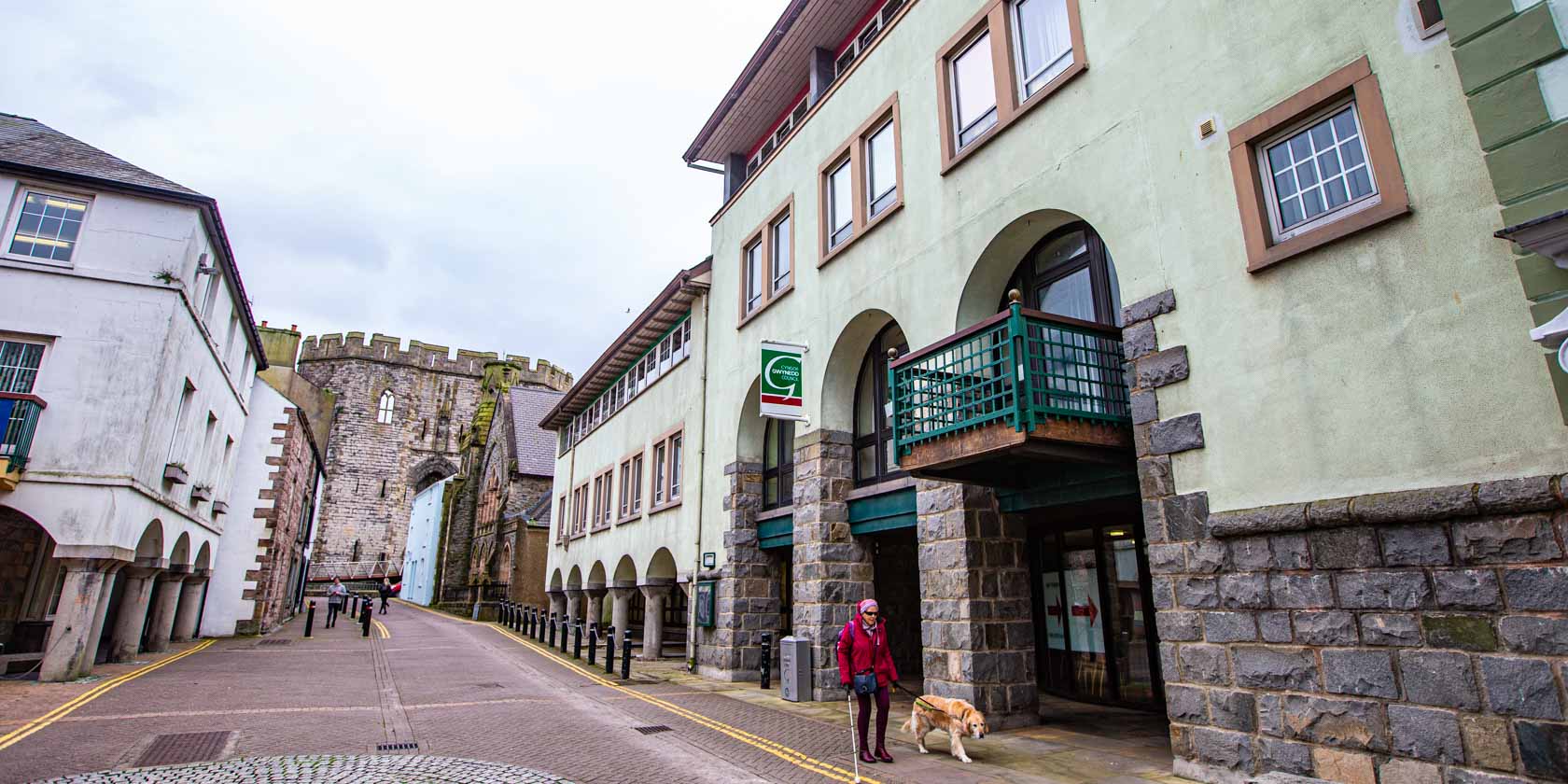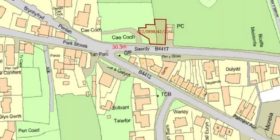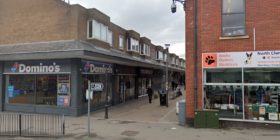Gwynedd councillors urge Welsh Government for tools to tackle ‘housing crisis’

Councillors in Gwynedd have urged the Welsh Government to give them the necessary tools to solve the county’s “housing crisis”.
Around 40% of houses currently sold in the county are either holiday homes or “buy to lets,” highlighting long-standing complaints that house prices in parts of north west Wales are well beyond the reach of most locals.
But with some 10% of Gwynedd’s housing stock currently used as second homes, more than any other county in Wales, cabinet members have reiterated the need for outside help in tackling the “hidden homelessness” present in the region.
Officers in Gwynedd believe the cash-strapped council is missing out on £2m a year in potential revenue as owners of such properties seek to avoid paying the 50% council tax premium by switching to business rates rather than council tax.
This cash has been earmarked to help locals get onto the property ladder, but while efforts are underway to bolster the authority’s homelessness arrangements with a £150,000 staff restructure, it has been warned that central government will need to intervene if a permanent solution is to be found to their woes.
“Following 40 years of neo-liberalist ideology where we are meant to look at homes as assets rather than somewhere to live, to describe the current situation as a crisis would be an understatement,” said Cllr Craig ab Iago, the cabinet member for housing during this week’s virtual meeting.
Describing the situation as “getting worse every year, he went on to say that 40% of the houses for sale being bought as holiday homes was “totally unsustainable” but was not a situation that could be turned around overnight.
Cllr Dafydd Meurig added, “The irony is that while there’s no shortage of housing in the county, per-se, between six and seven thousand of our homes are owned by people outside the county and usually resident outside of Wales.
“On the other hand we have people living with their parents and sofa surfing, which is a situation we can’t put up with for much longer.”
But warning that it would likely require Welsh Government intervention to solve the issues currently facing parts of north west Wales, Chief Executive Dilwyn Williams, reiterated the council’s efforts to persuade ministers in Cardiff Bay to amend the local government finance act to prevent domestic dwellings from transferring into business properties.
“I think we have to dampen down the idea that you’re in a position to sort out Gwynedd’s housing crisis on your own,” he said.
“Around 10% of our stock being second homes takes them out of the supply chain, so in that regard the national government needs to play its part.
“As a council we have tried take positive action in terms of raising a premium on second homes, but our problem is that people have found ways of avoiding paying it.
“Unless we’re able to shut that door we won’t be able raise the necessary receipts to do something about the supply side, and I know this is something we’re chasing the Welsh Government on.”
Meanwhile, members approved a £150,000 revamp of the housing department which will see a bolstering of its homelessness arrangements following a merging of the housing and property departments last year.
Members were told that savings of £200,000 a year having already been identified, but Cllr Nia Jeffreys argued that the cost of the revamp should come out of the savings already generated by the department rather than part of the £2m a year second home premium, claiming it would “break a promise” with voters.
But the Chief Executive noted that it was “appropriate” to use a portion of the second home premium to invest in the staff to carry out the work, stressing that Covid-19 is likely to have a long term impact on general council finances.
The Welsh Government has long argued that there is no “loophole” in the law when it comes to second home owners switching to non-domestic rates in a bid to avoid paying the 50% premium.
According to a spokesperson, there was “specific letting criteria which owners must meet for their property to be treated as self-catering accommodation”,
“Local authorities are best placed to address this issue and that is why we have given them the discretionary power to charge premiums to up to 100% on the council tax of long-term empty and second homes in their area to use alongside the other powers available to them,” the government added.
By Gareth Williams – Local Democracy Reporter
Spotted something? Got a story? Send a Facebook Message | A direct message on Twitter | Email news@north.wales






